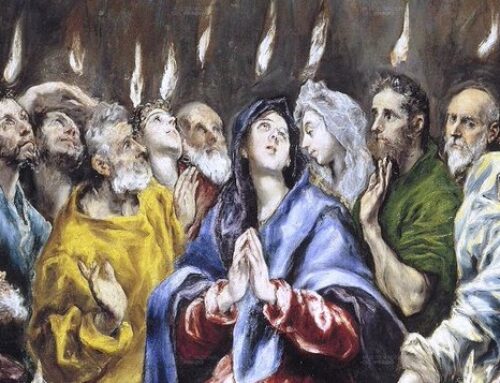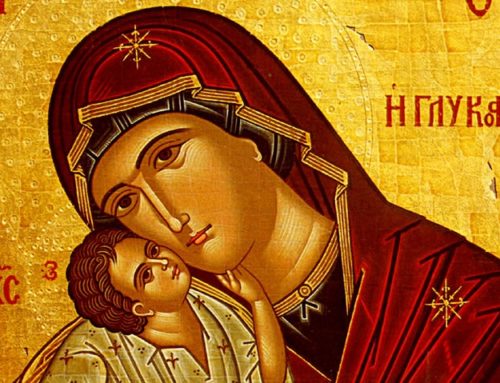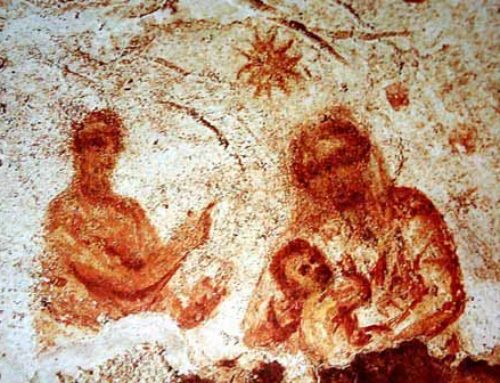To avoid the succumbing to the fatalism that can extinguish hope, Benedict XVI reminds the faithful that God it is God who has the power to save.
Boethius and Cassiodorus
To avoid the succumbing to the fatalism that can extinguish hope, Benedict XVI reminds the faithful that God it is God who has the power to save.
The Pope said this today during the weekly general audience in Paul VI Hall, in which he dedicated his reflection to the figures of Boethius and Cassiodorus.
Benedict XVI recalled how Boethius was born to a noble family in Rome in the year 480, and became a senator at the age of 25.
“Despite being so active in public life, Boethius did not neglect his studies,” said the Pontiff.
“In particular, he dedicated himself to a deeper understanding of subjects of a philosophical and religious nature.
“He also wrote manuals on geometry, music and astronomy, all with the intention of passing on the great Greek and Roman culture to the new generations of the new times.
“In his efforts to promote unity of the two cultures, he used Greek philosophy to put forward the Christian faith, again striving for a synthesis of the Roman Hellenic heritage and the evangelical message.
“It is precisely because of this that Boethius has been qualified as the last representative of ancient Roman culture and the first representative of the medieval intellectuals.”
Benedict XVI recalled the thinker’s best-known work, “De Consolatione Philosophiae,”which he wrote when in jail, “to give some sense to the unjustified detention.”
Excuse
“He had in fact been accused of conspiring against King Theodoric for assuming the defense of a friend — Senator Albino,” said Benedict XVI. “This was just an excuse. The truth was that the Arian King Theodoric was a barbarian and suspected that Boethius sympathized with the Byzantine Emperor Justinian.
“He was tried and condemned to death and was executed on Oct. 23, 524 at only 44 years of age.”
“Precisely because of this dramatic end,” the Pope continued, Boethius “can truly speak from the heart of his experience to modern man, and above all to the many people who suffer the same fate because of the injustice present in many areas of ‘human justice.’”
The Pontiff explained that in “De Consolatione Philosophiae,” Boethius searches for comfort, light and wisdom, and is able to see clearly what are apparent goods and real goods.
Friendship, for example, is a true good that “never disappears, even if you are in jail:The greatest good,” the Holy Father added, “is God.”
He continued, “Boethius learned and now teaches us not to succumb to fatalism, which extinguishes hope. He teaches us that fate does govern our lives — Providence does andProvidence has a face.
“You can speak to Providence because Providence is God. So, even in jail it is still possible to pray, to talk to him who will save us.”
Speaking of the philosopher’s early death, Benedict XVI said it is “particularly reprehensible that someone should be tortured to death […] for no reason other than one’s own political and religious ideals.”
“Boethius,” he added, “symbol of the huge number of detainees, unjustly arrested from all the different times and regions in our history, is an objective doorway to contemplating the mystery of the Crucifixion on Golgotha.”







Leave A Comment
You must be logged in to post a comment.